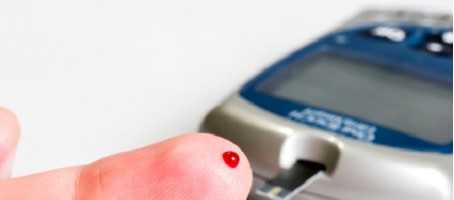A special form of oxygen therapy could help prevent the development of type 2 diabetes in people at risk of the disease.
Early research has shown that hyperbaric oxygen therapy, which involves sitting in a special diving chamber and breathing in pure oxygen for short periods, can improve the body’s sensitivity to insulin. Low insulin sensitivity can cause the body’s cells to become resistant to insulin, raising the risk of type 2 diabetes.
But researchers in Australia suggest that hyperbaric oxygen therapy can reduce this risk by boosting insulin sensitivity. Preliminary results from a small pilot study showed that insulin sensitivity increased by around 40% following three treatments over five weeks – the same effect as losing 13% of body weight.
Hyperbaric oxygen therapy is used for treating a number of conditions, including decompression sickness in divers and wound healing.
To further test its effectiveness on reducing diabetes risk and better understand how it works, scientists from the University of Adelaide are now conducting a larger trial involving 20 people. Each of the study participants will undergo two 90-minute hyperbaric sessions, during which time they will breathe 100% cent oxygen
Commenting on the research, Dr Alasdair Rankin of charity group Diabetes UK said: “Hyperbaric oxygen therapy is used to treat a number of medical conditions, but its potential for use in type 2 diabetes is in the early stages of investigation.
“This research is welcome because it may help us better understand the reasons for insulin resistance and could potentially lead to a new treatment suitable for some people with diabetes in the future.”






